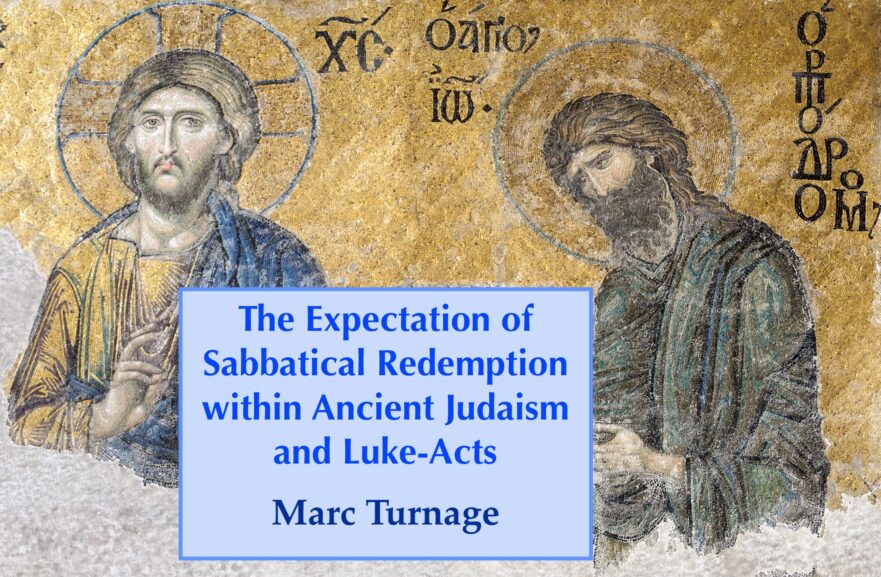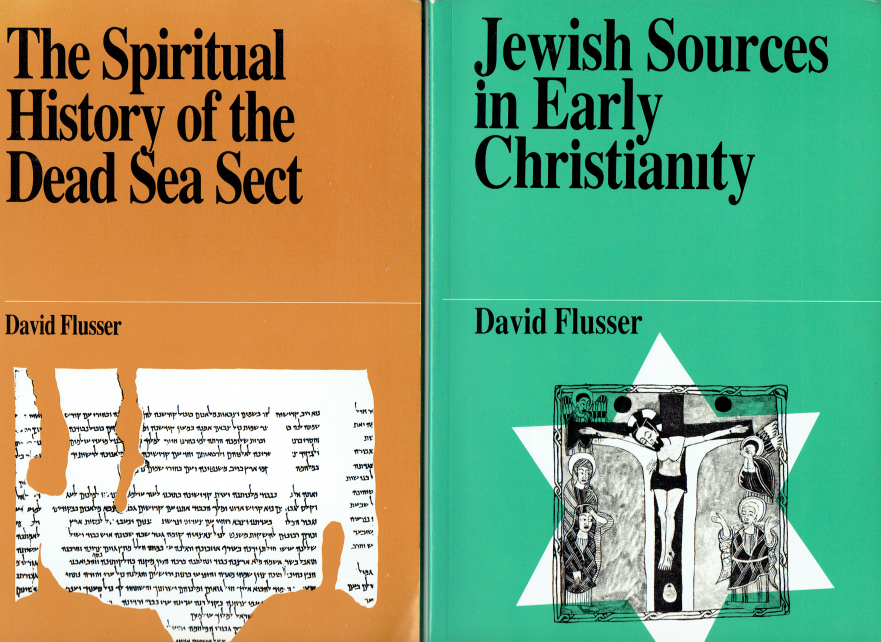Luke-Acts attests to the connection of the movements of John the Baptist and Jesus to ancient Jewish hopes of sabbatical redemption.
Jesus’ Words, Evangelist’s Contribution and Implicit Biblical Reference: The Case of Matthew 21:43-44
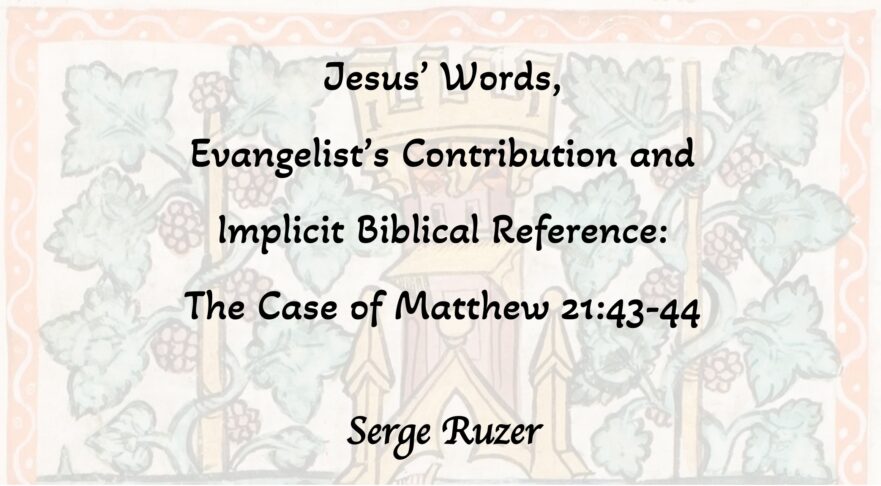
Evidence from Qumran combined with a likely scriptural allusion suggest a non-ethnic interpretation of Matthew’s editorial additions to the parable of the Vineyard and the Tenants.
The New Testament in the Light of the Dead Sea Scrolls
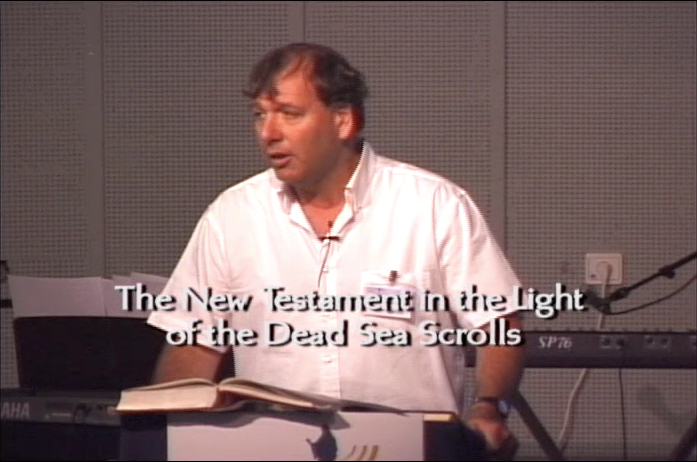
The complete 2006 lecture is now accessible to JP users. View now!
Renewed Covenant and Jeremiah’s New Covenant in Second Temple Judaism and Jesus’ Movement
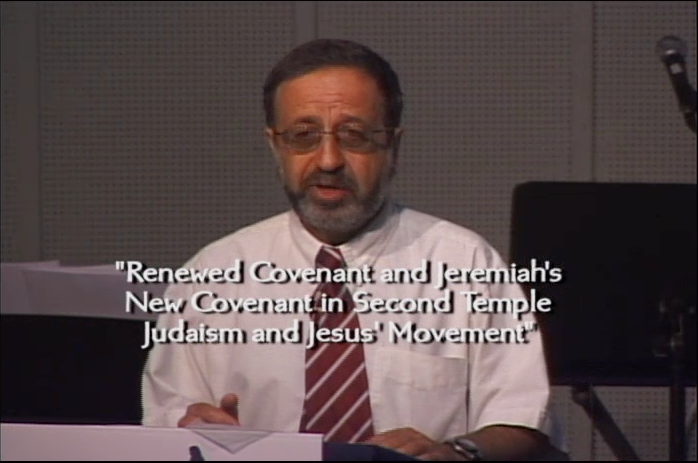
The complete 2006 lecture is now accessible to JP users. View now!
Yeshua’s Thanksgiving Hymn

In Yeshua’s Thanksgiving Hymn the Holy Spirit inspires Jesus to utter an Essene-style hymn that expresses gratitude for the divine revelation that was being disclosed to his followers.
Matthew 1:1-25: In the Year of Jubilee?
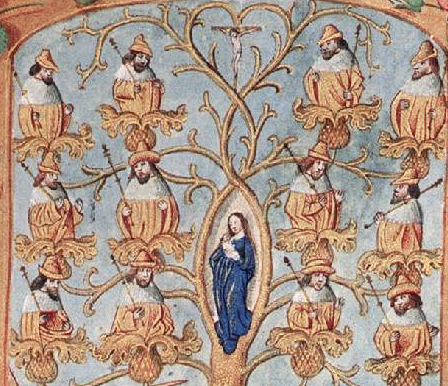
The genealogies of Matthew and Luke reflect diverging Jewish opinions about the time for the advent of the redeemer.
Myth of the Pagan Origins of Christianity
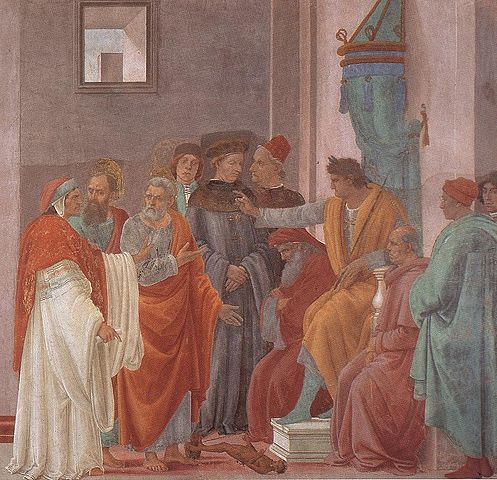
The artificial constructions of scholars who once sought to build a bridge directly from Hellenism to Christianity are being dismantled, both because of greater knowledge of the Greek world and due to more intensive study of ancient Jewish and Christian thought.
Jesus’ Place in First-century Judaism and His Influence on Christian Doctrine

The main aims of this contribution are, first, to show what Jesus’ place was among the various trends of the Judaism of his time and, second, to estimate the impact on Christianity of his teachings and of his life and death.
Hebraisms in the New Testament
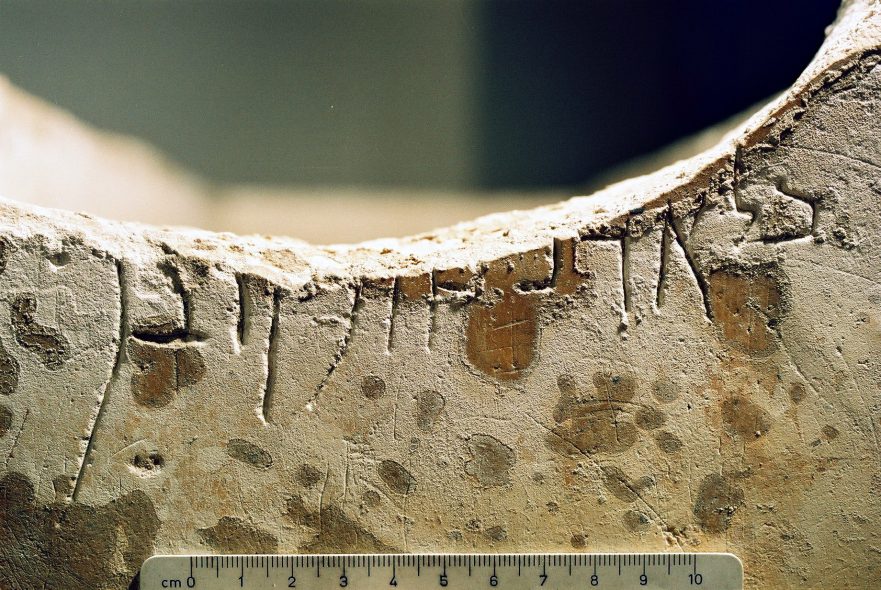
The text of the New Testament contains many Semitic elements, some of which are Hebraisms. The Synoptic Gospels show evidence for the existence of wordplays and idioms that are typical of Hebrew.
The Apostolic Decree and the Noahide Commandments
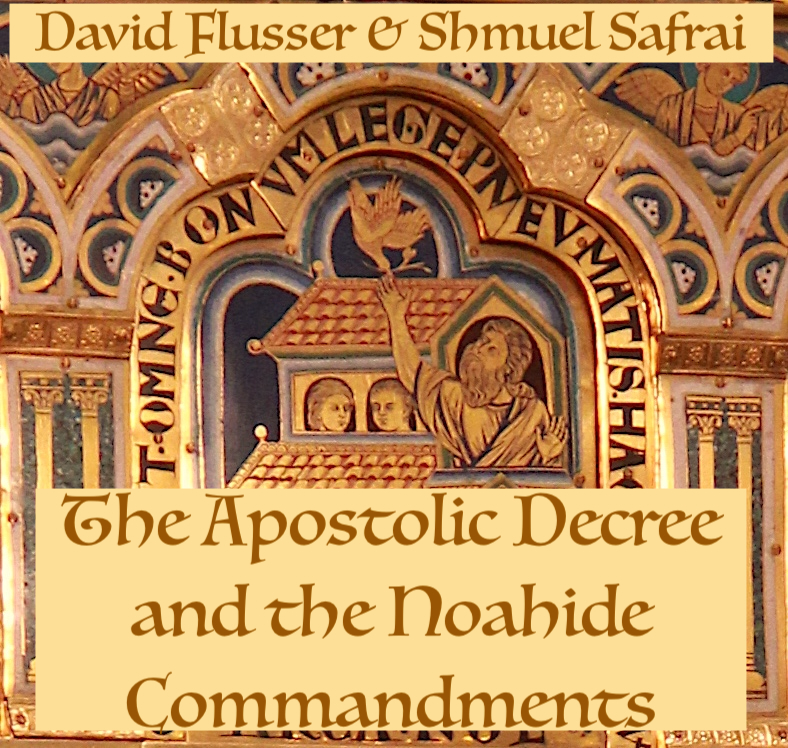
Jerusalem Perspective is pleased to make available to the English-speaking world this important article written originally in German by David Flusser and Shmuel Safrai: “Das Aposteldekret und die Noachitischen Gebote,” in Wer Tora mehrt, mehrt Leben: Festgabe fur Heinz Kremers (ed. E. Brocke and H.-J. Borkenings; Neukirchen-Vluyn, 1986), 173-192.
From Melchizedek to Jesus: The Higher Eternal Priest in Jewish Second Temple Literature
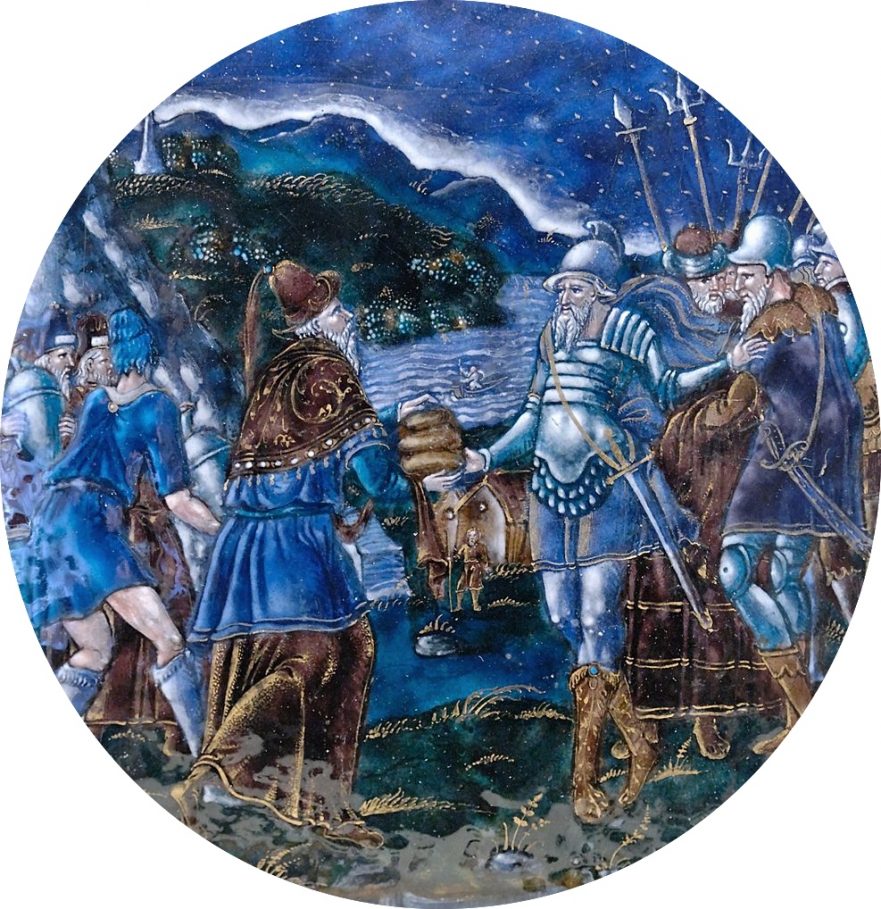
A scroll from the Judean Desert proves that the biblical Melchizedek was transformed into the eschatological high priest in some Jewish circles in the first century B.C.E.
Evidence of an Editor’s Hand in Two Instances of Mark’s Account of Jesus’ Last Week?
It has been noted that in instances where Mark’s editorial hand restructured his story, Luke has preserved a more primitive form of the account, a form that is independent of Mark’s influence. Gospel scholars need to properly evaluate Mark’s editorial style and acknowledge that frequently a theological agenda influenced his rewriting.
Jesus and the Enigmatic “Green Tree”
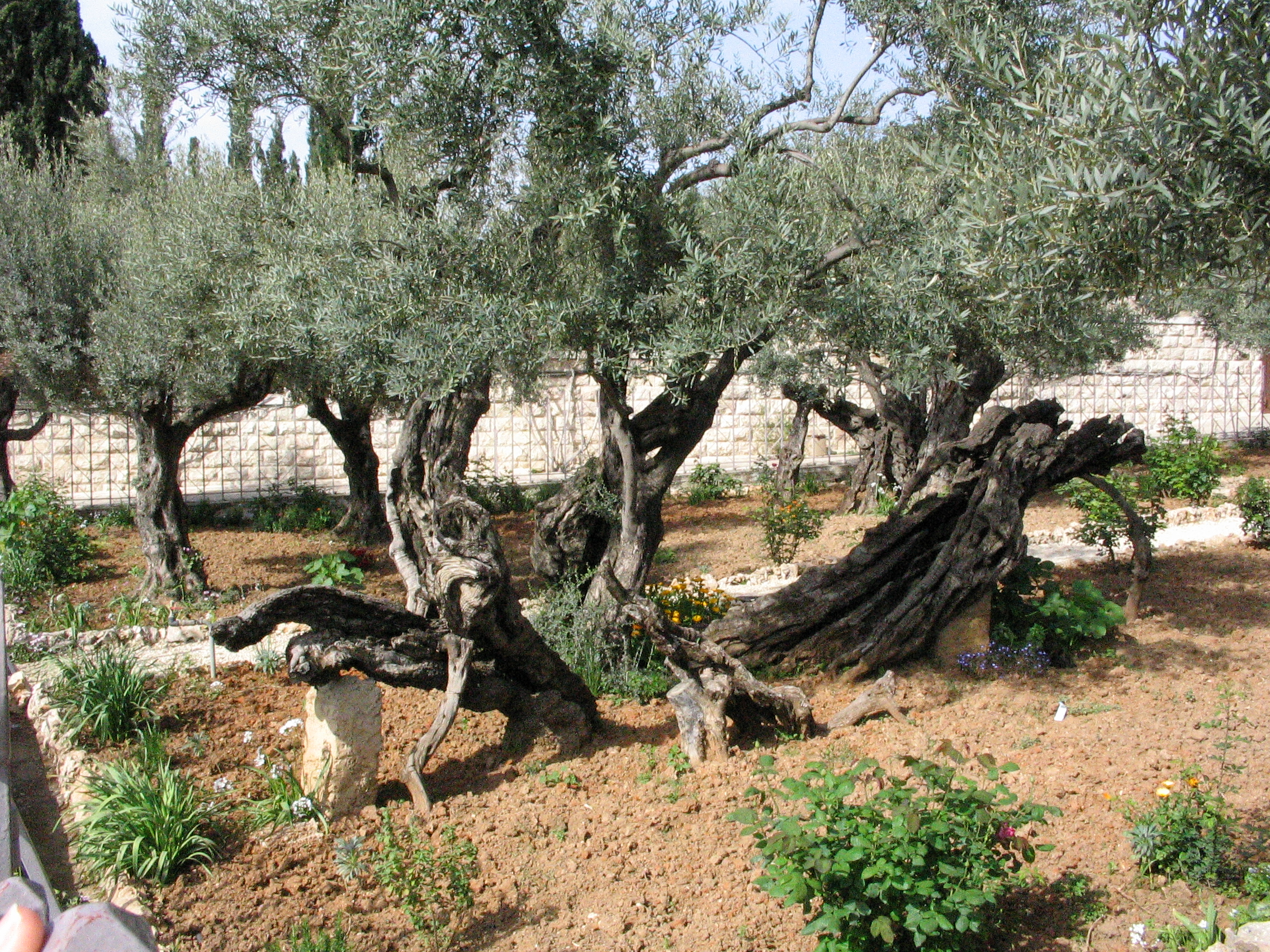
Jesus made bold messianic claims when he spoke. To thoroughly understand these claims, however, we must get into a time machine and travel back in time to a completely different culture, the Jewish culture of first-century Israel. We must acculturate ourselves to the way teachers and disciples in the time of Jesus communicated through allusions to Scripture.
Elijah Prays About Rain
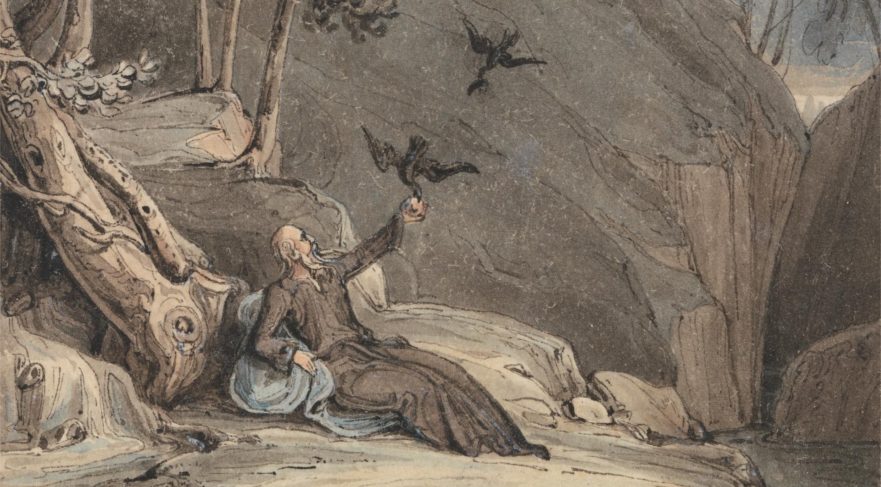
Toward the end of his Epistle, James exhorts his readers to pray with faith for the healing of the sick. When we read that “the prayer of a righteous man has great power in its effects” (James 5:16), we might have expected James to cite the example of Abraham. Genesis 20:17 might have served as the perfect prooftext: “Abraham prayed to God; and God healed Abimelech.” …The example of Elijah that was provided by James, however, seems less obvious and more difficult.
From Ezekiel 17:24 and 21:3 to Luke 23:31: A Survey of the Connecting Jewish Tradition
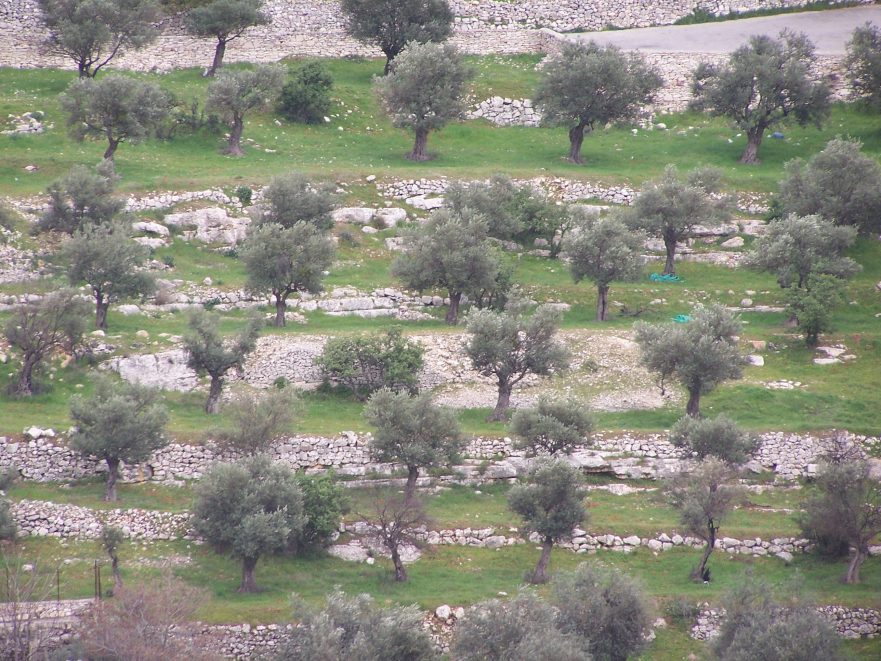
“For if they do these things in a green tree, what shall be done in the dry?” (Luke 23:31; KJV) Passages such as this demonstrate the indispensability of situating the teachings of Jesus within the context of Second Temple Period history, culture, literature, and language.
Hebrew or Aramaic? Some Evidence from Inscriptions

The fundamental assumptions of the past of Jesus’ mother tongue are again and again repeated today while their frame of reference has changed dramatically.
Toward an Unclouded Vision of His Kingdom

In an effort to counter the risk we may be running of losing “the vision of the kingdom,” I will enumerate and comment briefly upon three optical aids for keeping it in focus.

